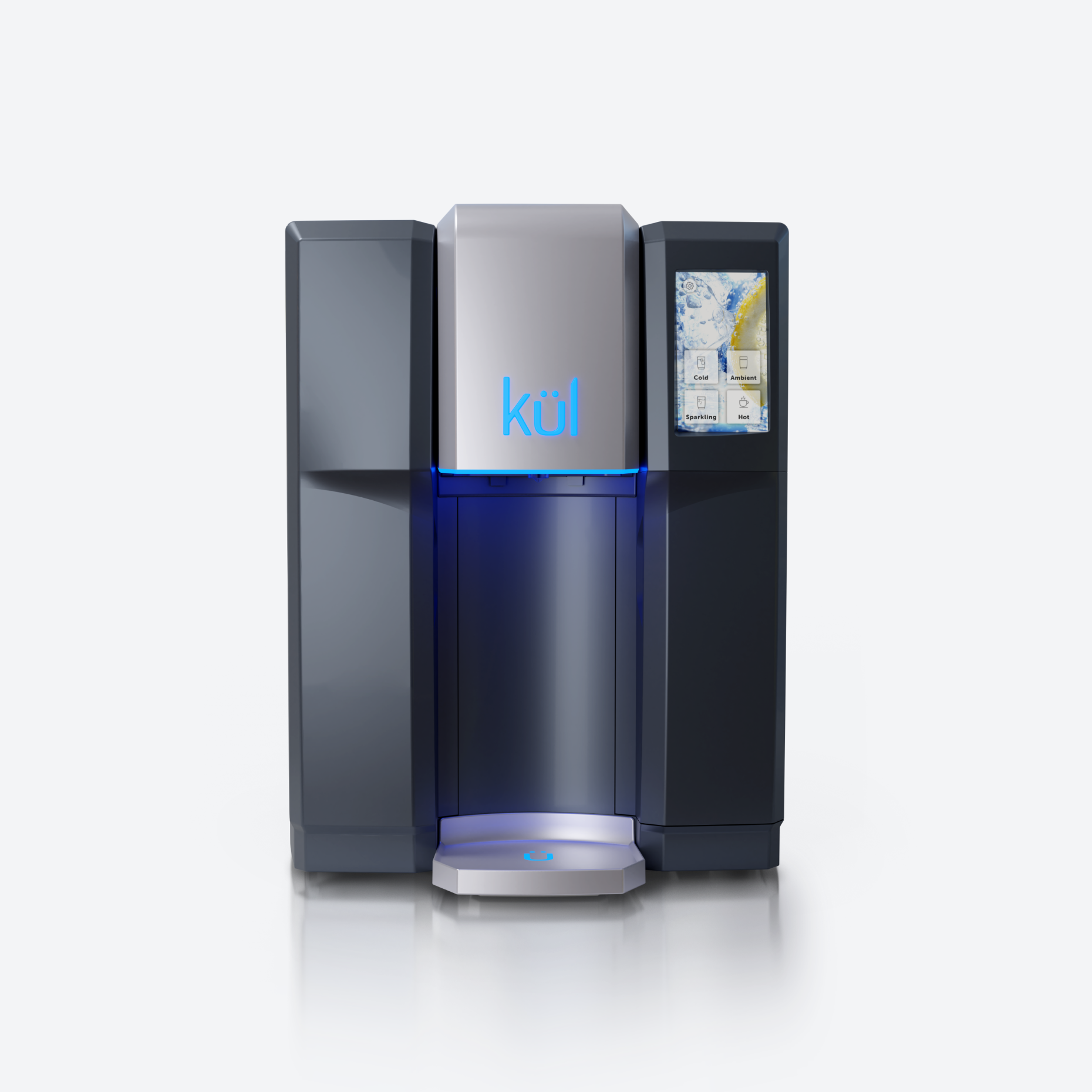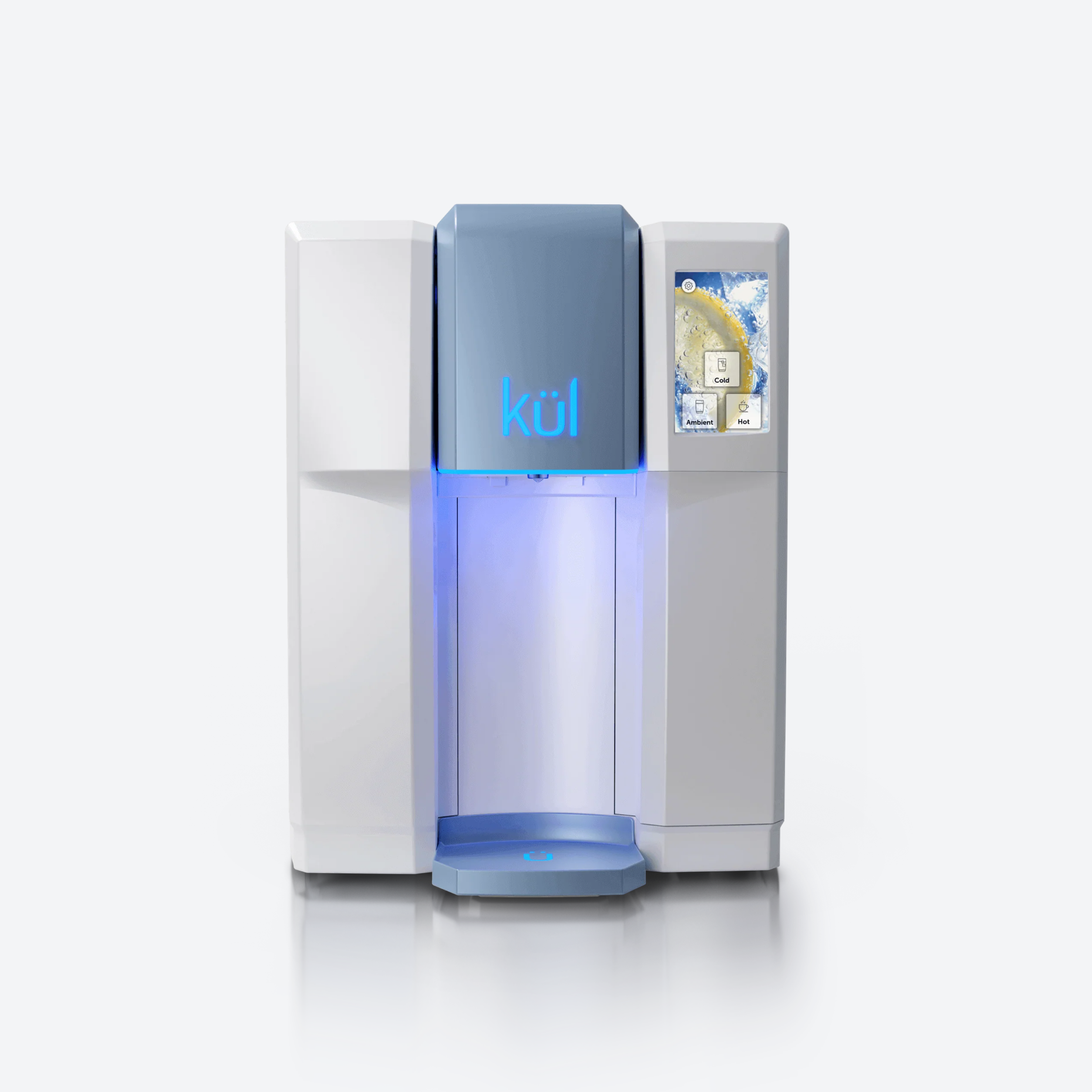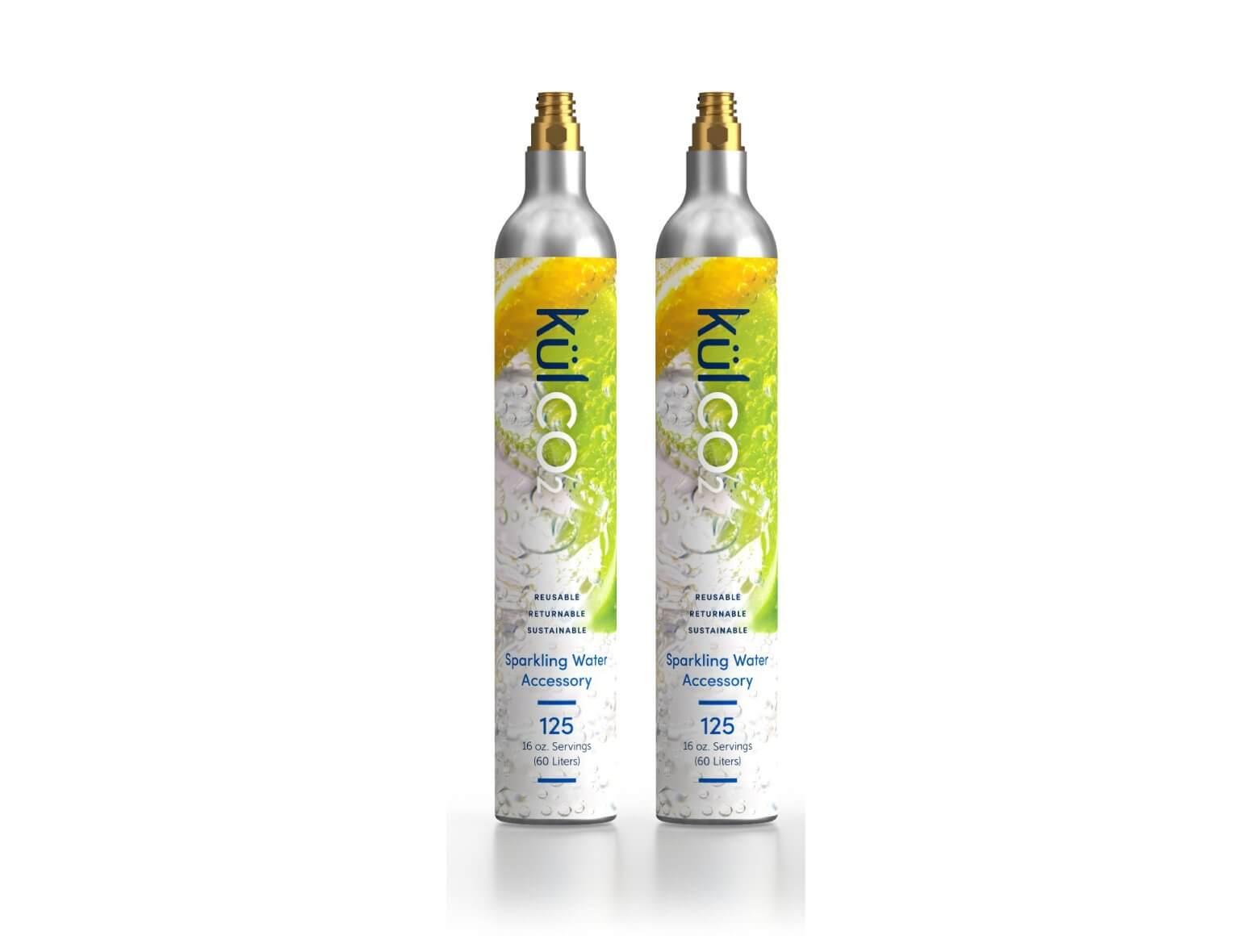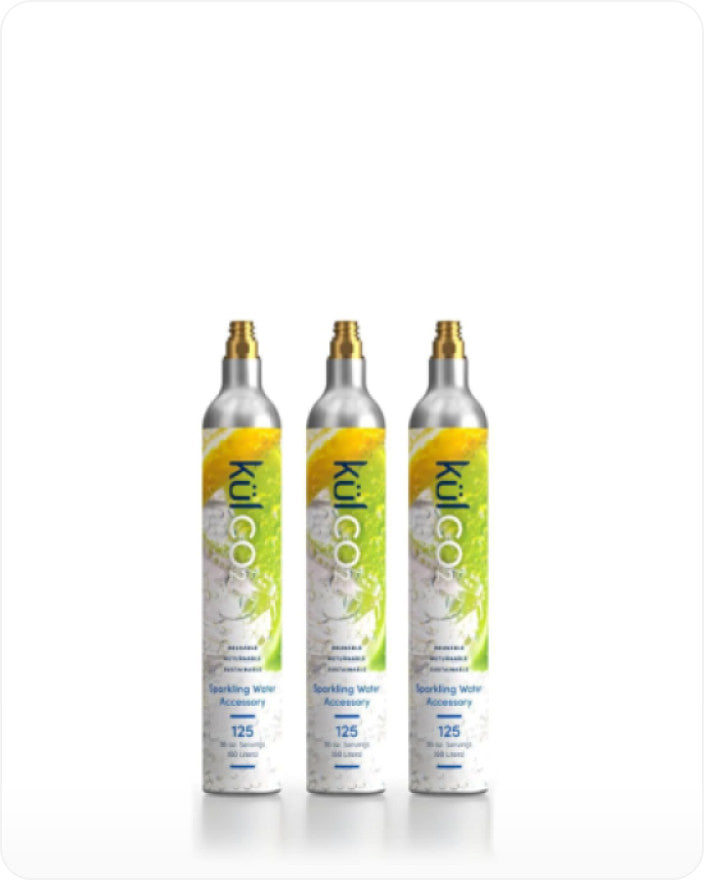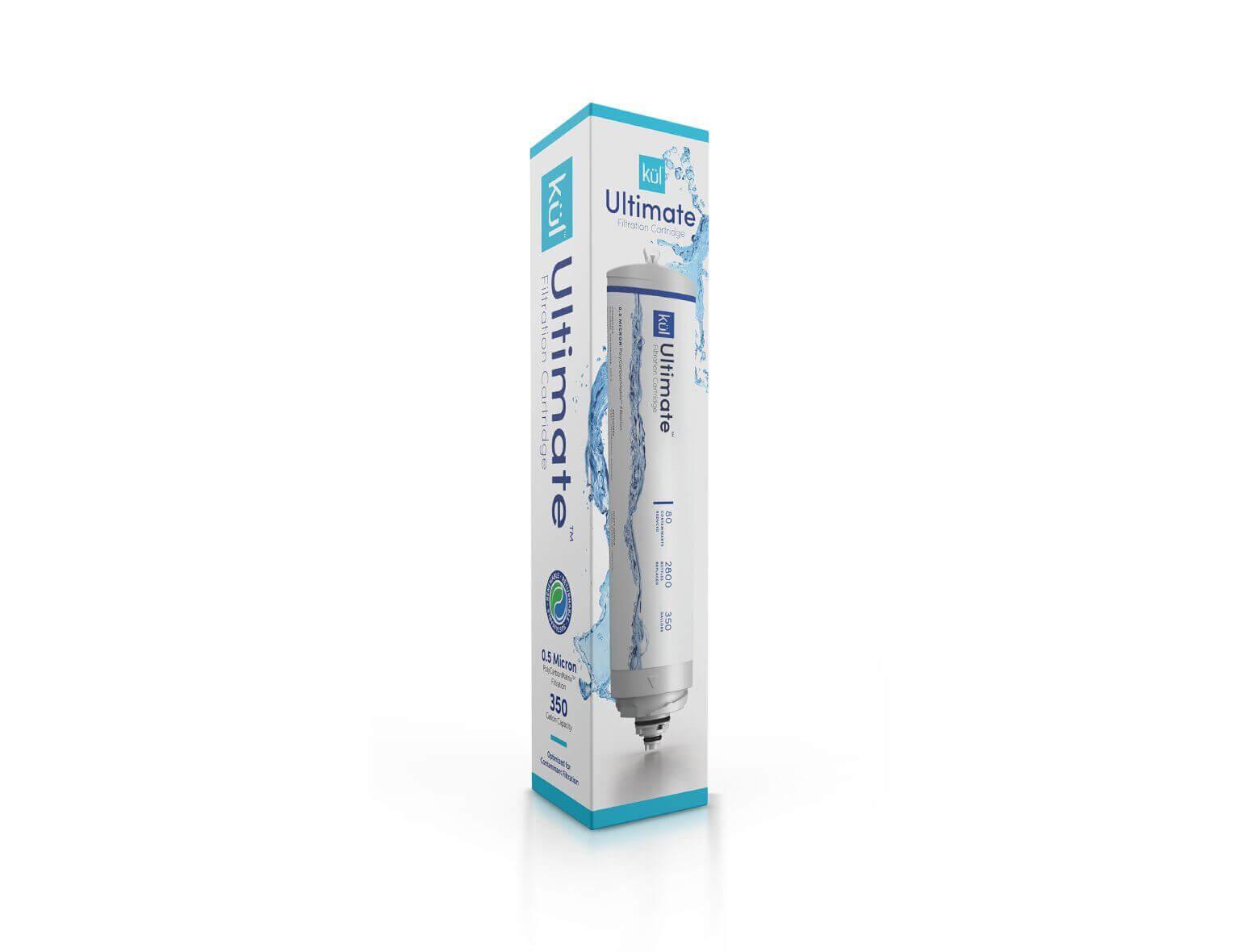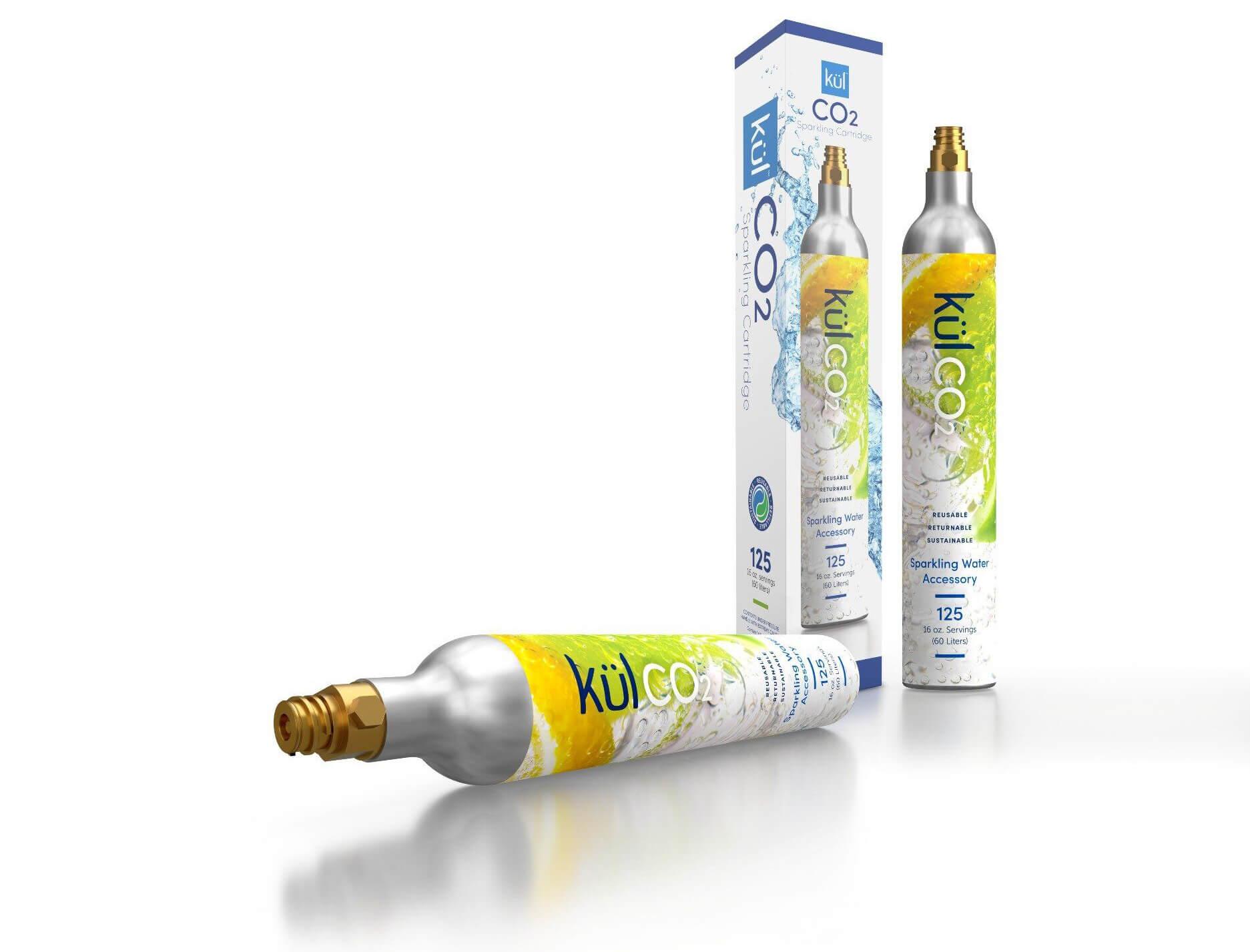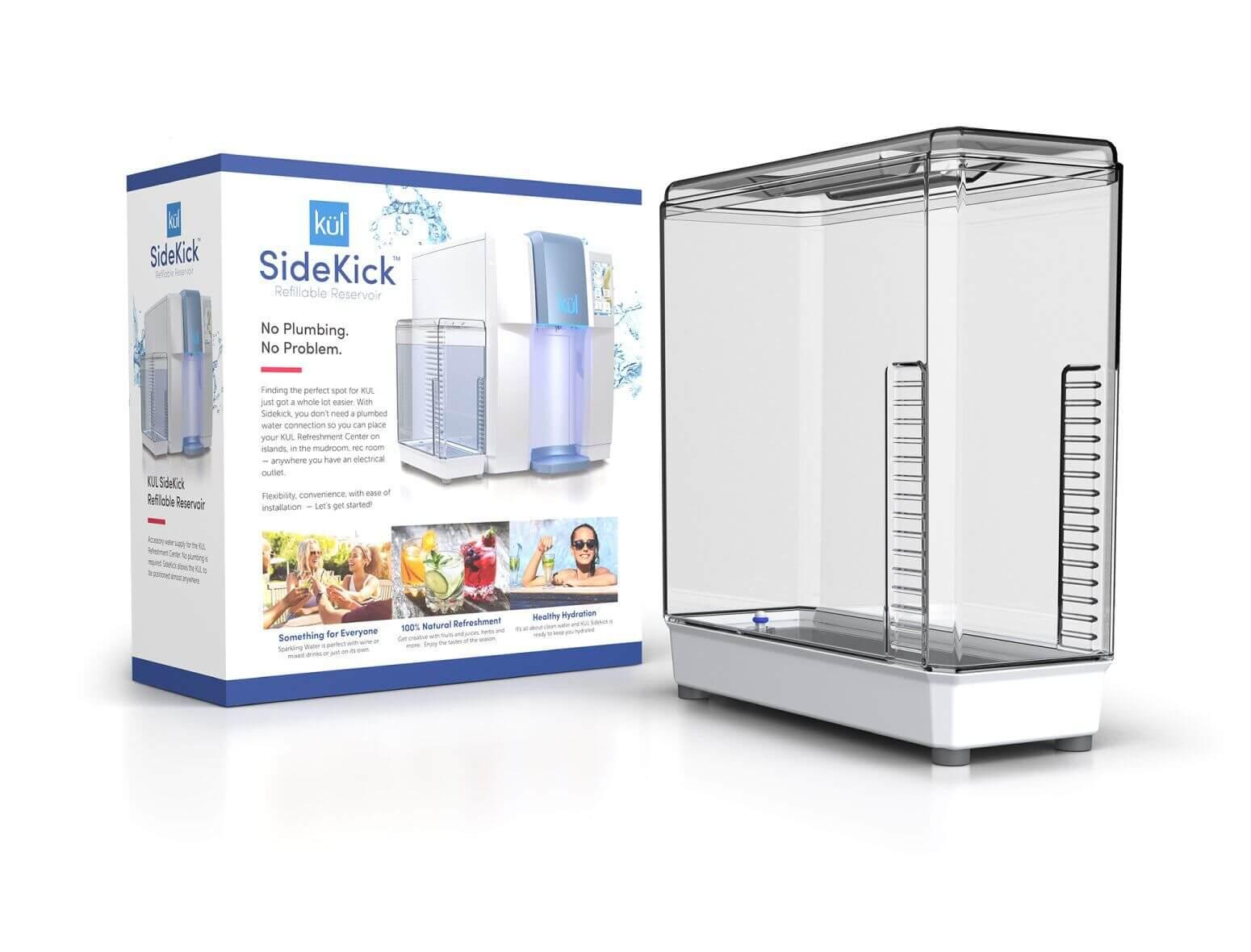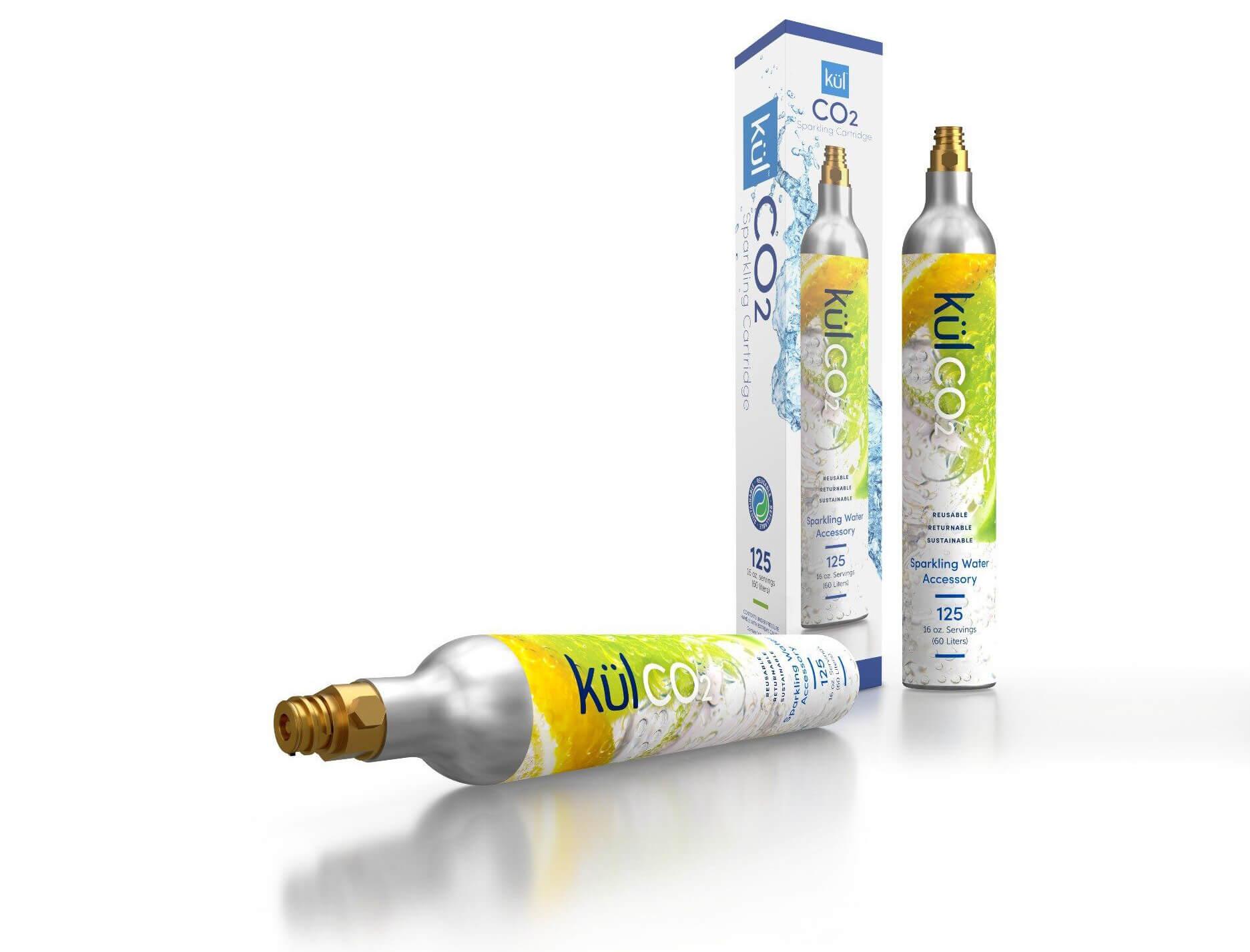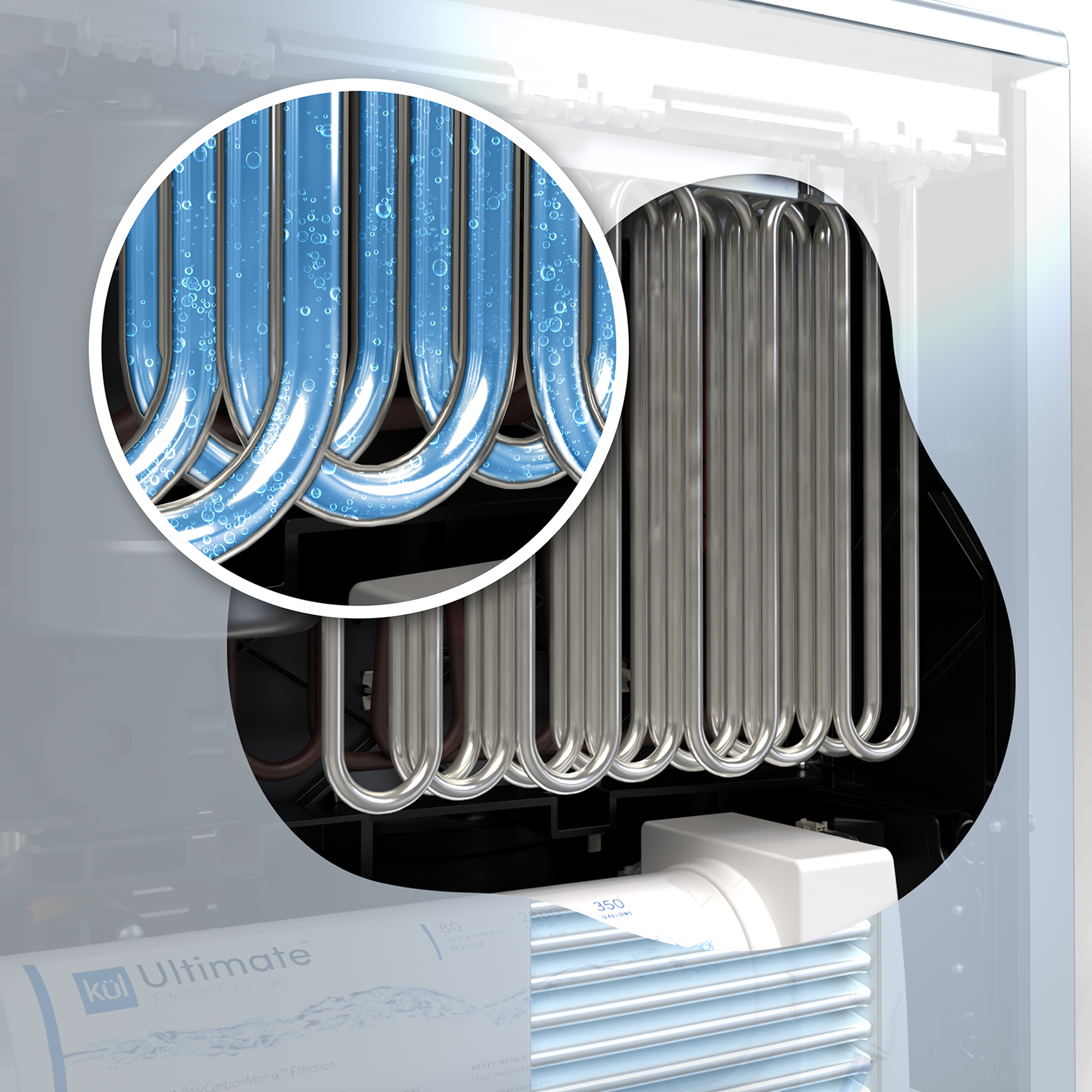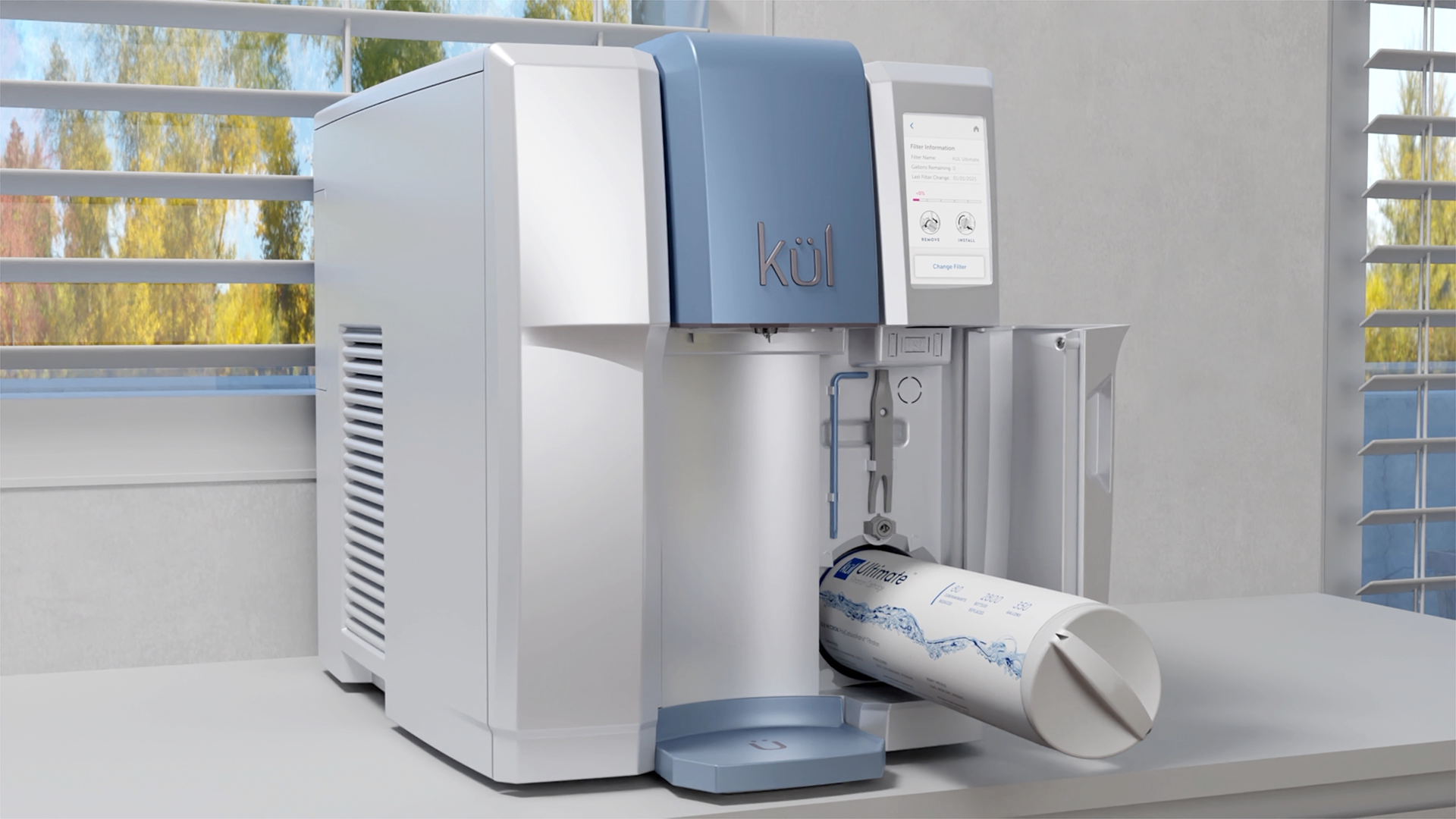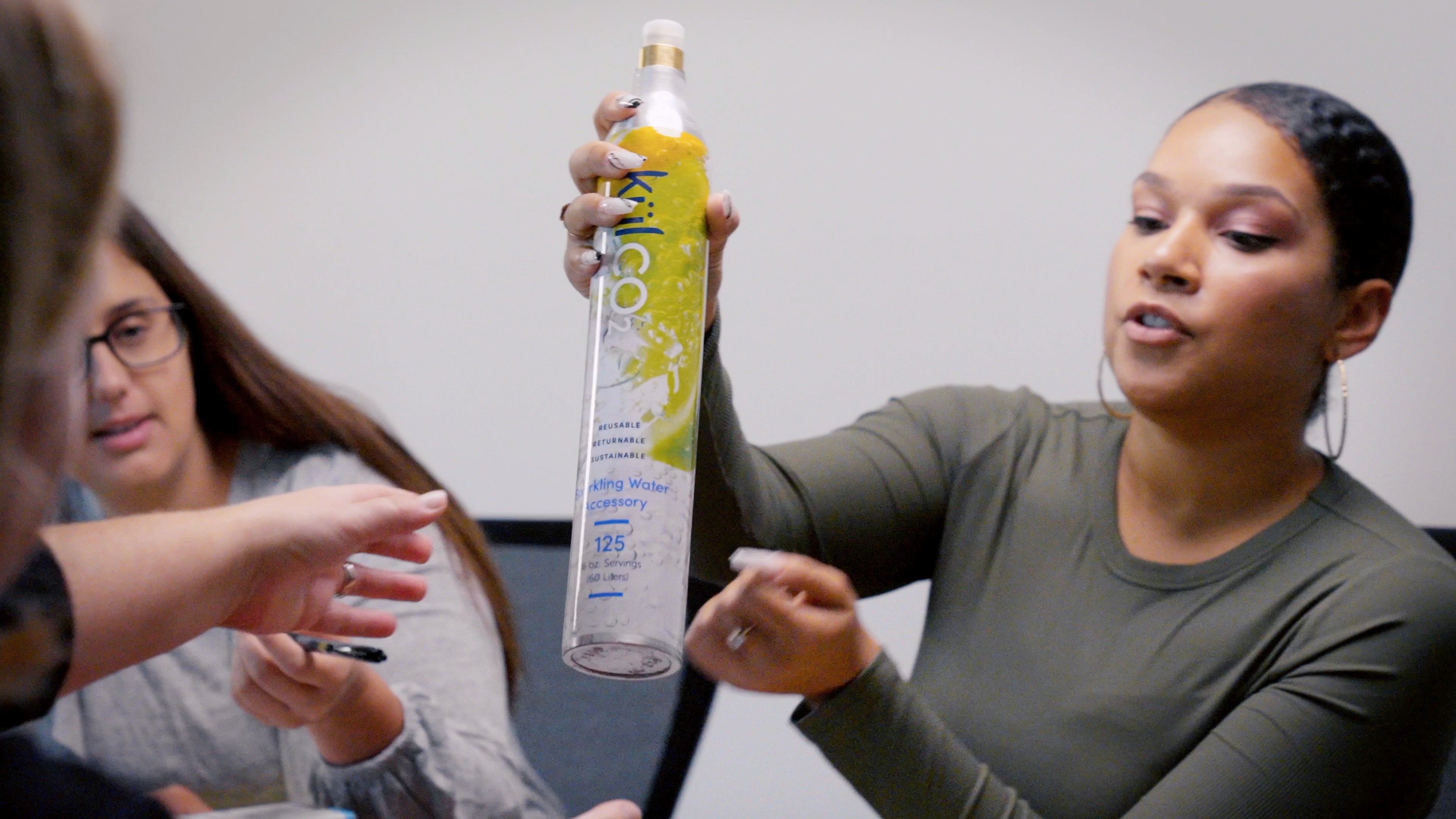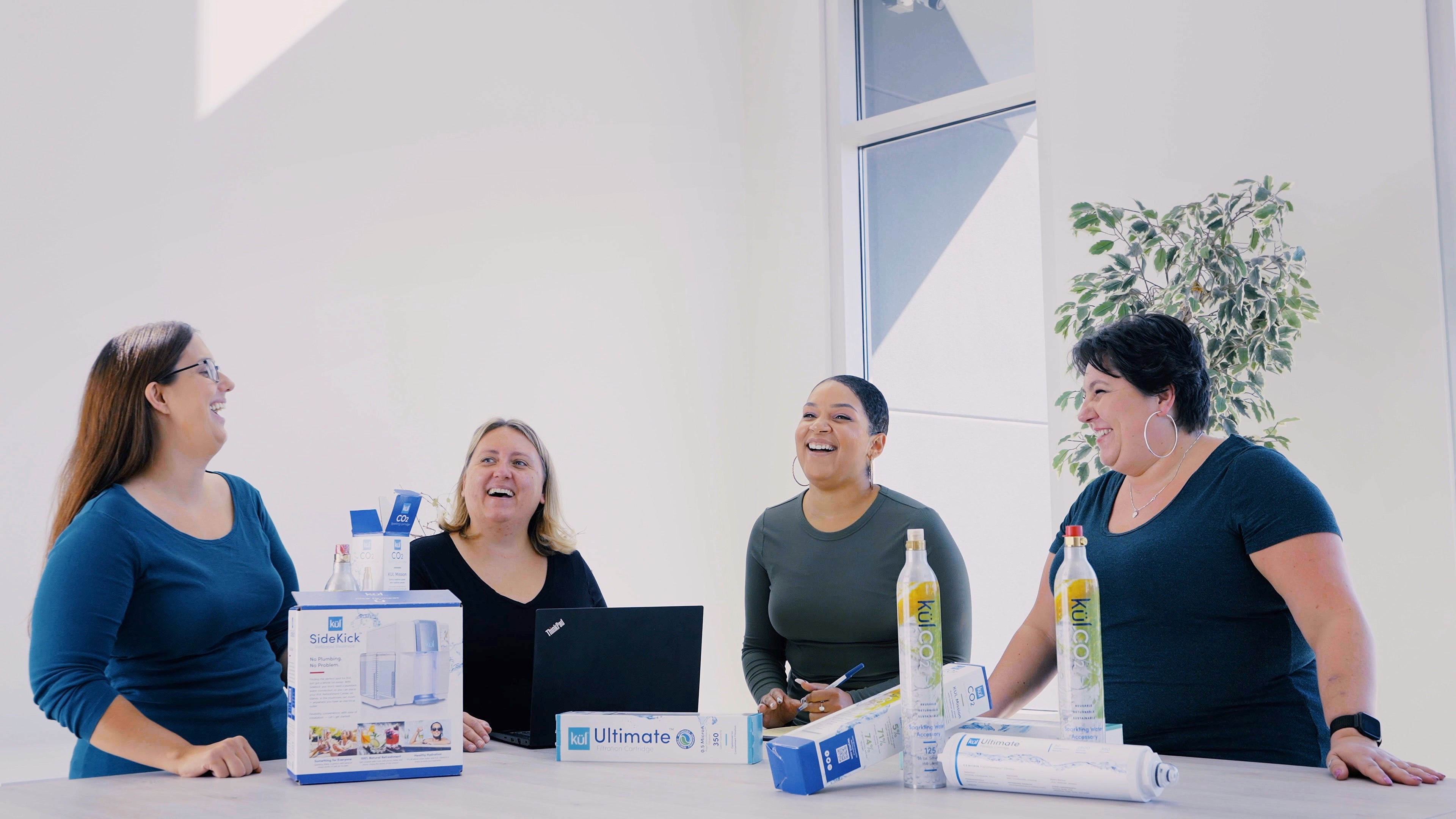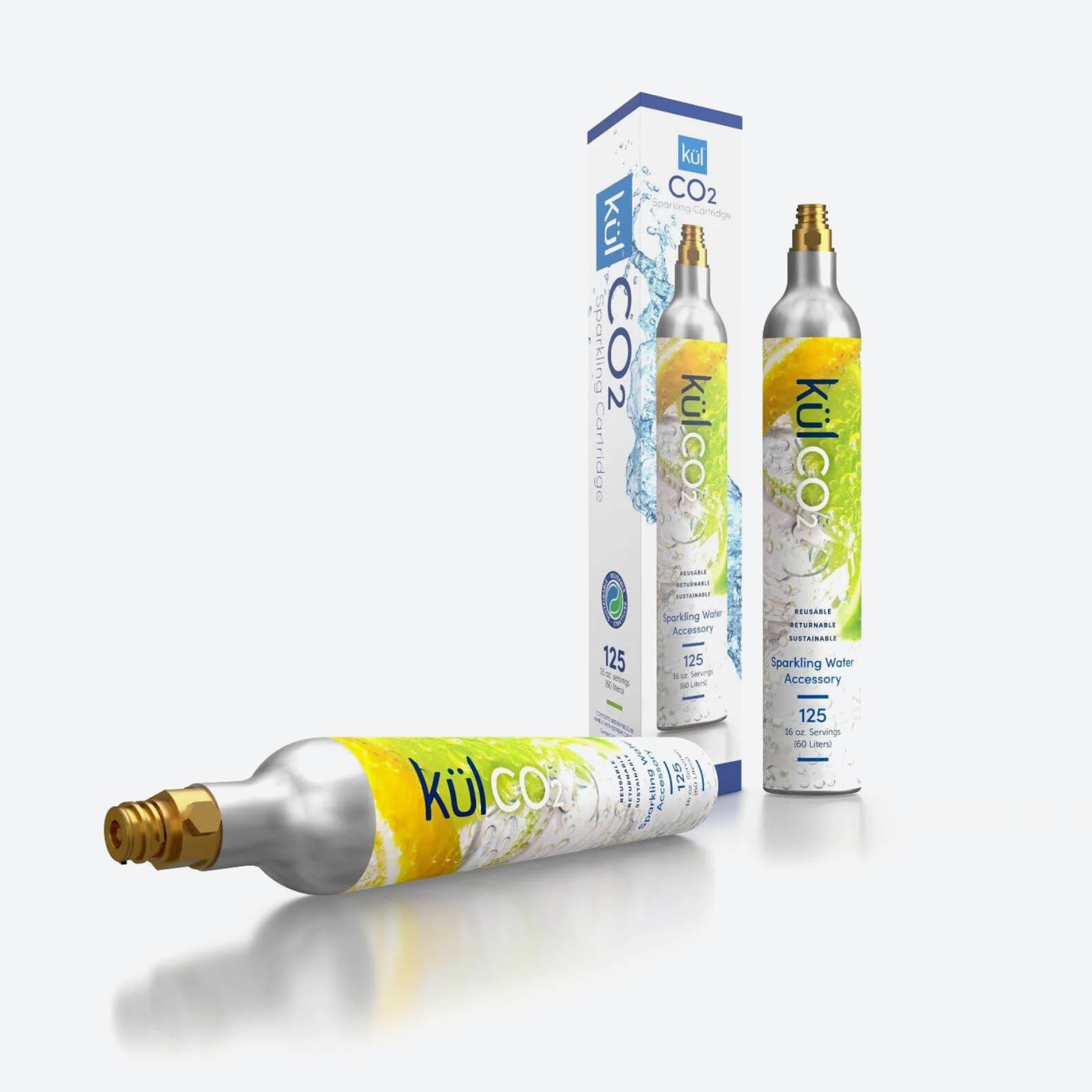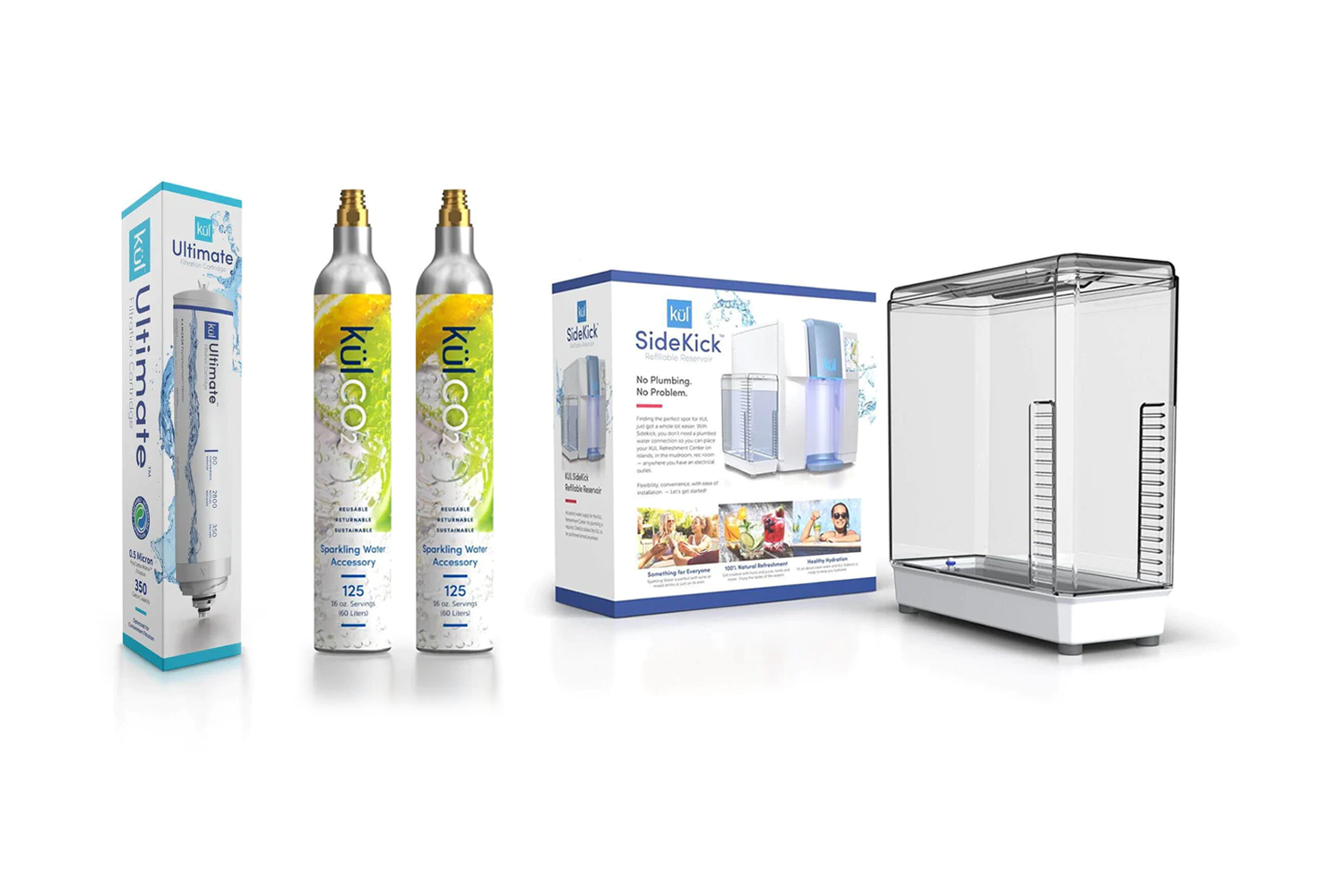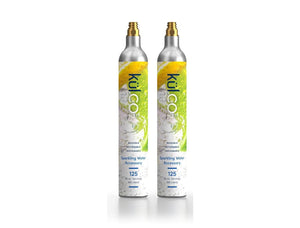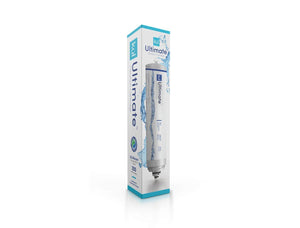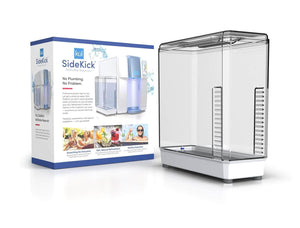When it comes to clean, convenient drinking water, you usually have two options: a water delivery service (think jugs, cans, or bottled water dropped off on a schedule) or owning your own dispenser.
Delivery services sound hassle-free—but over time, buying your own unit often wins on cost, control, and long-term satisfaction.
Let’s break it down.
How Water Delivery Services Work
Water delivery generally involves:
-
Scheduled deliveries to your home or office (weekly, bi-weekly, or monthly)
-
Subscription or contract models with potential minimum orders
-
Delivery fees, handling charges, and vendor-managed maintenance
The promise? Low hassle, no upkeep, and predictable water on tap. The trade-offs? They can sneak up on you.
Pros & Cons of Water Delivery
Advantages of Delivery
-
Low upfront cost: No need to buy expensive equipment
-
Zero maintenance: Vendor handles refills, bottle cleaning, and logistics
-
Easy to scale: Adjust deliveries as your needs change
-
Access anywhere: Get clean water even where infrastructure is limited
Drawbacks & Hidden Costs
-
Recurring expenses: Monthly payments and delivery fees add up
-
Price fluctuations: Rates may rise unexpectedly
-
Limited control: You depend on vendor schedules and quality
-
Bottle hassle: Handling empties and waiting for pickups
-
Contract risks: Cancellation fees or long-term commitments
-
Quality concerns: Contamination risks during transport
-
Delivery delays: No guarantee water arrives exactly when you need it
Over months and years, these issues can add up—not just financially, but in convenience and peace of mind.
Why Buying a Water Dispenser Often Beats Delivery
Purchasing a dispenser requires an upfront investment, but the long-term benefits are clear:
1. Cost Savings Over Time
Once you buy the unit and any necessary filters or plumbing, recurring delivery fees disappear. Over time, ownership usually pays for itself, often saving hundreds or even thousands of dollars.
2. Full Control & Reliability
You decide when and how your water is used. No missed deliveries, no vendor schedule conflicts, no surprises—just reliable access whenever you need it.
3. Better Quality & Hygiene
With your own system:
-
Pick the filtration method you trust (RO, UV, multi-stage)
-
Manage cleaning and maintenance on your schedule
-
Avoid multiple handoffs that can compromise water safety
4. Independence from Vendors
Vendors can raise prices, cut service, or go out of business. Ownership keeps you in charge—your system stays with you, no matter what.
5. Resale Value & Asset Ownership
Even depreciated dispensers can be sold, transferred, or upgraded—something a delivery service can’t offer.
6. Customization & Features
When you own your dispenser, you can choose:
-
Hot and cold water options
-
Smart temperature controls
-
Energy-saving modes
-
Bottleless or plumbed-in designs
Delivery services usually lock you into their standard bottles and models, with fewer choices.
7. Environmental & Practical Benefits
-
Fewer plastic bottles in circulation
-
Lower transportation emissions
-
Less packaging waste
-
More consistent water supply
Many studies highlight that owning a dispenser is greener and more practical in the long run.
When Delivery Service Might Make Sense
Delivery can still be useful for:
-
Short-term needs: Events, temporary stays, or emergencies
-
Uncertain duration: If you’re unsure how long you’ll be in a location
-
Tight budgets: If upfront costs are prohibitive
-
Minimal usage: Low water demand that doesn’t justify ownership
In these cases, delivery works—but it’s rarely the smarter long-term choice.
Final Thoughts
Water delivery services are convenient and low-commitment—but that convenience comes at a price: recurring fees, reduced control, and dependence on a third party.
If you plan to drink clean water for years, buying a water dispenser is usually the smarter move. You gain autonomy, cut costs, and avoid logistical headaches. Delivery may work temporarily, but ownership wins for the long haul.
